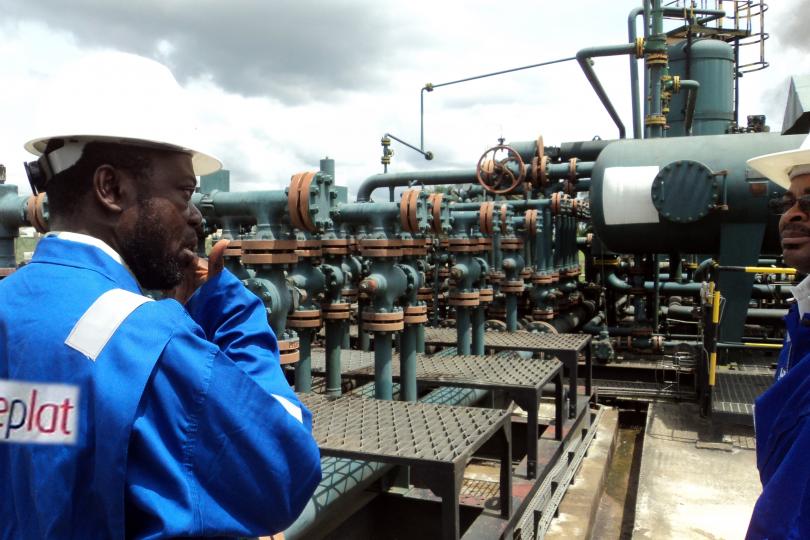- Petrol Landing Cost Crashed to N64.32/Litre – PPPRA
The low global oil price has helped crashed Nigeria’s petrol landing cost to N64.32 per litre, according to the Petroleum Products Pricing Regulatory Agency (PPPRA).
According to the agency pricing template released for March 16th, 2020, the total landing cost of Premium Motor Spirit (PMS), popularly known as petrol, moderated to N64.32 per litre on Monday following the fall in global oil price below $30 per barrel due to the coronavirus outbreak.
A breakdown of the pricing model shows that the total cost (purchase price and logistic) per metric tonne to Nigeria declined from $575.81 recorded on January 31, 2020 to $247.35 as of March 16, 2020. This translates to N56.62 per litre (MT to litre 1341) using an exchange rate of N306.95 per US dollar.
This N56.62 incurred per litre plus Lightering Expenses, Nigerian Port Authority fee, NIMASA charge, Jetty Thru Put Charge, Storage Charge and Financing of N2.75, 0.84, 0.22, 0.60, N2 and N1.30, respectively, results in a total landing cost of N64.32 per litre.
Therefore, the cost of landing one litre plus the distribution margin of N19.37 per litre brings the total Expected Open Market Price (EOMP) to N83.69 per litre as of March 16, 2020.
However, the Nigerian National Petroleum Corporation (NNPC), the sole importer of petrol, continues to maintain the Expected Depot price at the old price of N125.63 per litre despite cost per metric tonne, including freight cost, declining by 42 percent.
Expected Depot price is the approved retail price less total distribution margin.
While Expected Depot for collection was also put at N133.28, the same price it was sold when crude oil was trading at $60 per barrel. Accordingly, the approved retail price band was maintained between N135 – 145 per litre.
A recent report by the African Development Bank, AfDB, said Nigerians spend at least $14 billion fueling, maintaining and acquiring generator annually. Suggesting that a 30 percent off the current cost of petrol would help Nigerians save substantially both on generators and cars.
Therefore, a landing cost-reflective pricing template would help Nigerians improve household income, enhance savings, improve consumer spending and eventually strengthens retail sales. This is imperative given that the inflation rate has now risen to a 21-month high of 12.2 per cent in February.
Dr Yomi Aremu, a business research analyst, said the “government always works to extort their people, especially in Africa. Prices that go up never come down.” He added that “the government can create a special/dedicated fund from the difference in pumping prices to help alleviate the pains of the coronavirus pandemic.”
Also, this would allow the federal government to spend the N450 billion appropriated for subsidy in its N10.59 trillion budget for the year on other key capital projects, especially with the economy projected to grow at a slower pace in 2020.


 Naira4 weeks ago
Naira4 weeks ago
 Billionaire Watch4 weeks ago
Billionaire Watch4 weeks ago



 Naira4 weeks ago
Naira4 weeks ago






 Naira4 weeks ago
Naira4 weeks ago


 Naira3 weeks ago
Naira3 weeks ago






 Naira3 weeks ago
Naira3 weeks ago
 Economy4 weeks ago
Economy4 weeks ago


 Naira3 weeks ago
Naira3 weeks ago

















